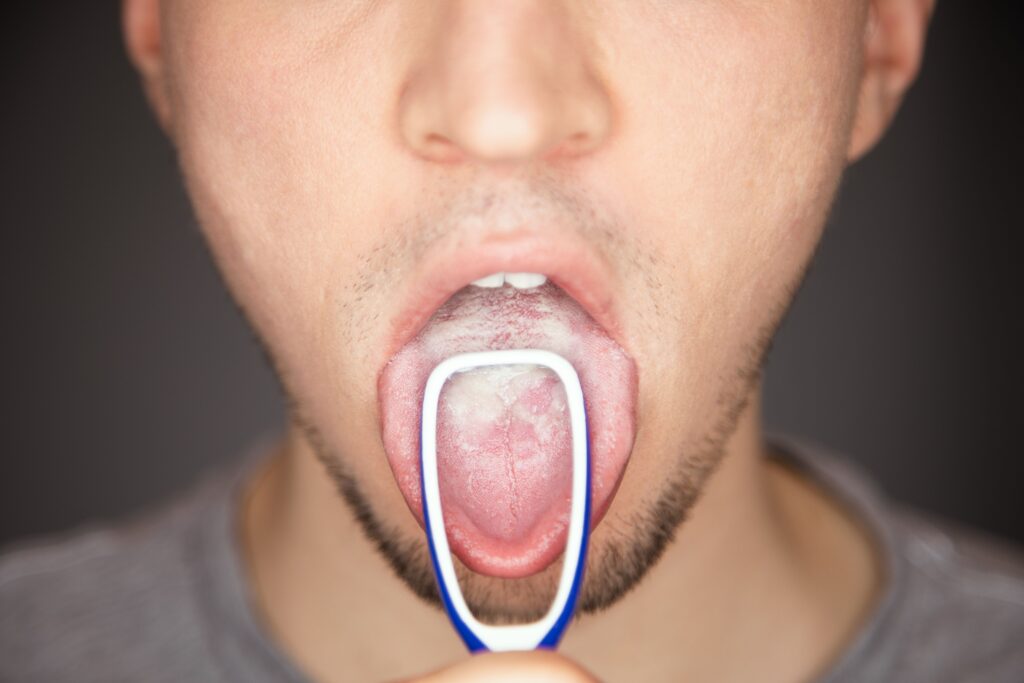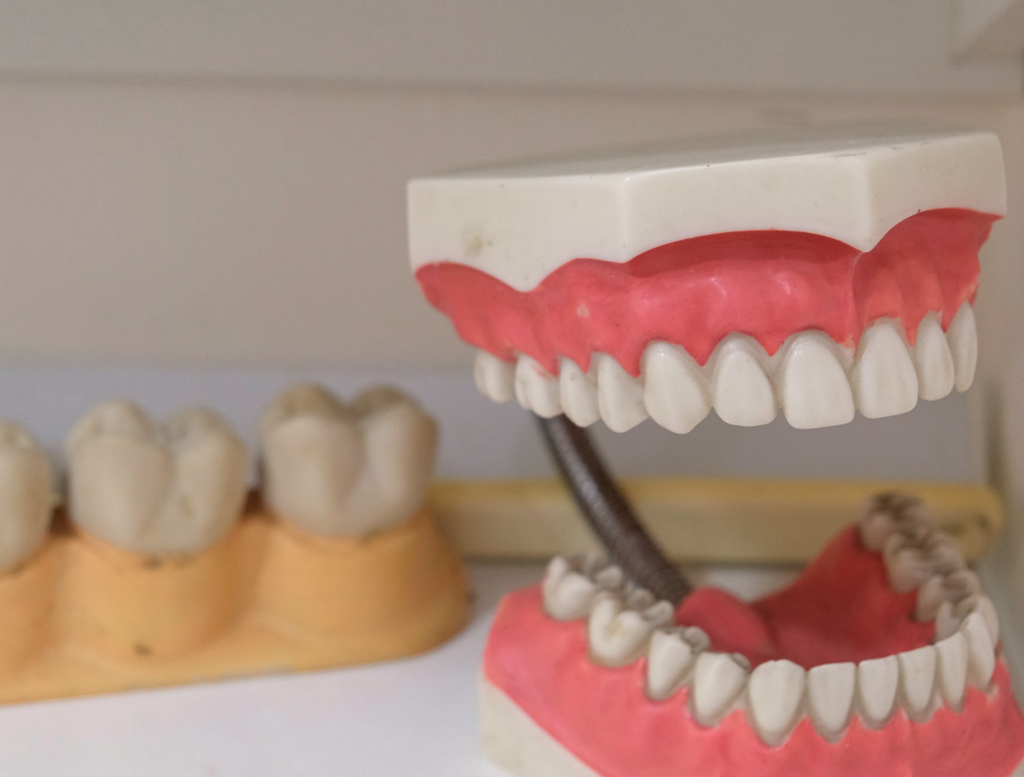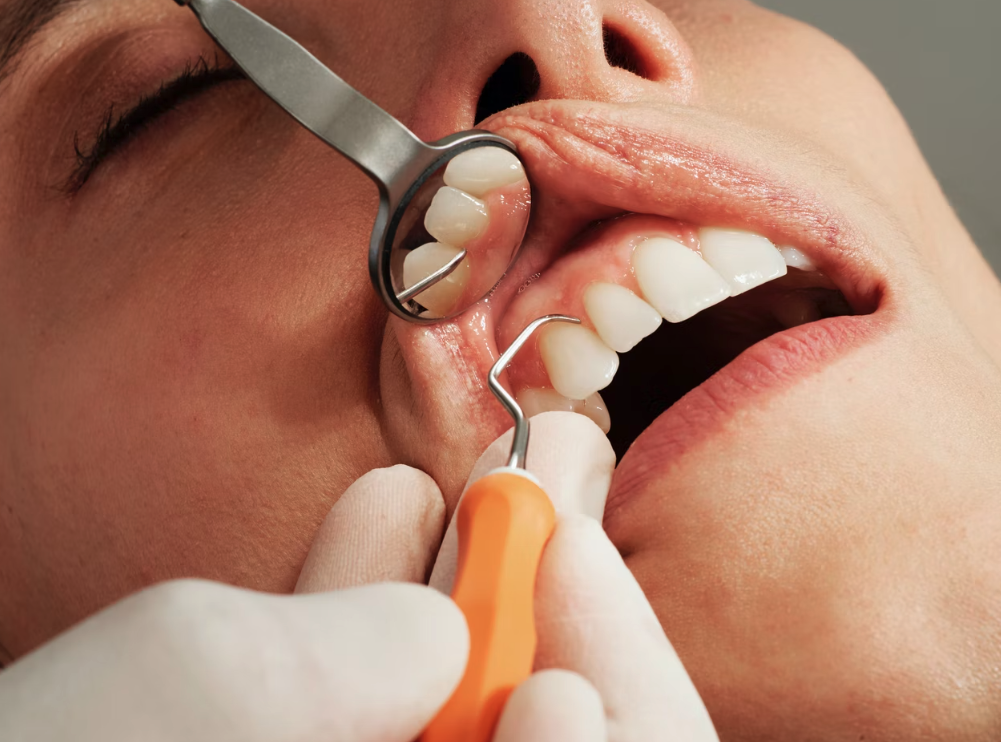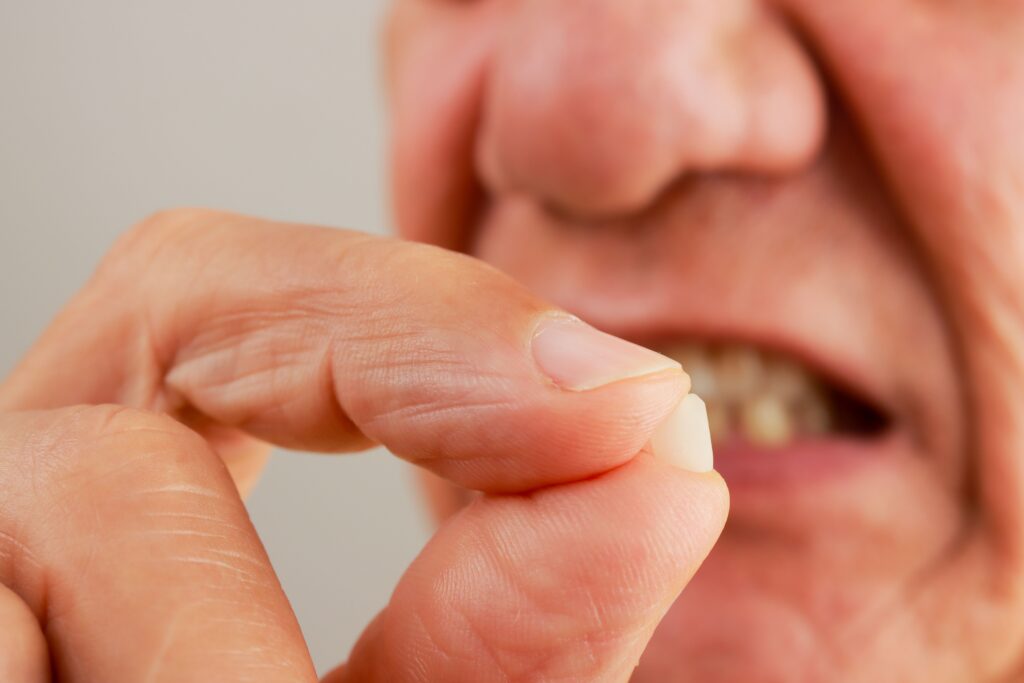Cavities are common dental problems that occur when bacteria in your mouth produce acids that erode your tooth enamel. While cavities themselves primarily affect the teeth, they can sometimes lead to jaw pain. Understanding the connection between cavities and jaw pain can help you identify the problem and seek appropriate treatment.
How Do You Get Rid of Jaw Pain from Cavities?
If you have jaw pain caused by a cavity, it’s important to address the root cause – the cavity itself. Here’s how you can alleviate the pain:
- Visit the Dentist: The first step is to see your dentist. They will examine your teeth and determine if a cavity is causing the jaw pain. The dentist will then treat the cavity by removing the decayed part of the tooth and filling it with a suitable material.
- Over-the-Counter Pain Relievers: While waiting for your dental appointment, you can take over-the-counter pain relievers like ibuprofen or acetaminophen to reduce the pain and inflammation.
- Warm Compress: Applying a warm compress to the affected area can help soothe jaw pain. Hold a warm, damp cloth against your jaw for 15-20 minutes several times a day.
- Maintain Good Oral Hygiene: Continue to brush and floss your teeth regularly to prevent further decay and reduce the risk of infection.
- Avoid Hard or Chewy Foods: Eating soft foods can help minimize the pain and prevent further irritation to the affected tooth and jaw.
How Do You Know If Jaw Pain Is Tooth Related?
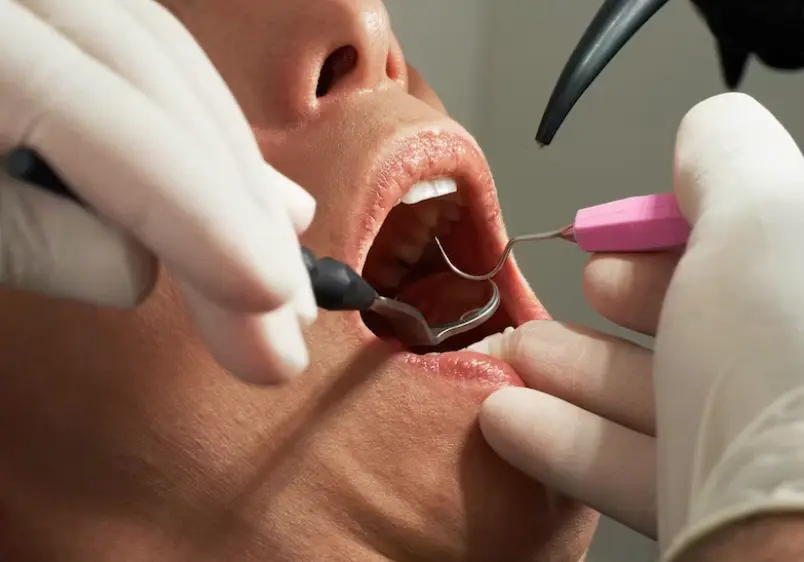
Jaw pain can have several causes, including tooth problems. Here are some signs that your jaw pain might be tooth-related:
- Localized Pain: If the pain is concentrated around a specific tooth or area of your mouth, it could be related to a cavity or other dental issue.
- Tooth Sensitivity: Increased sensitivity to hot, cold, or sweet foods and drinks may indicate a cavity or tooth infection.
- Swelling or Redness: Swelling or redness around a specific tooth or the jaw area can be a sign of infection or inflammation.
- Persistent Toothache: If you have a constant toothache along with jaw pain, it’s likely that the two are connected.
- Pain When Chewing: If chewing or biting causes pain, it may be due to a cavity or a cracked tooth.
If you experience any of these symptoms, it’s important to see your dentist for a proper diagnosis and treatment.
What Happens If a Cavity Reaches the Jaw?
If a cavity is left untreated, the decay can spread deeper into the tooth, eventually reaching the inner layers, including the pulp. The pulp contains nerves and blood vessels, and when it becomes infected, it can cause significant pain and lead to an abscess. An abscess is a pocket of pus that forms at the root of the tooth and can spread to the surrounding tissues, including the jawbone.
When the infection reaches the jawbone, it can cause severe pain, swelling, and even bone loss. This condition is known as osteomyelitis and requires immediate medical attention. Treatment typically involves antibiotics to clear the infection and, in severe cases, surgery to remove the infected tissue.
Can a Decaying Tooth Cause Jaw Pain?
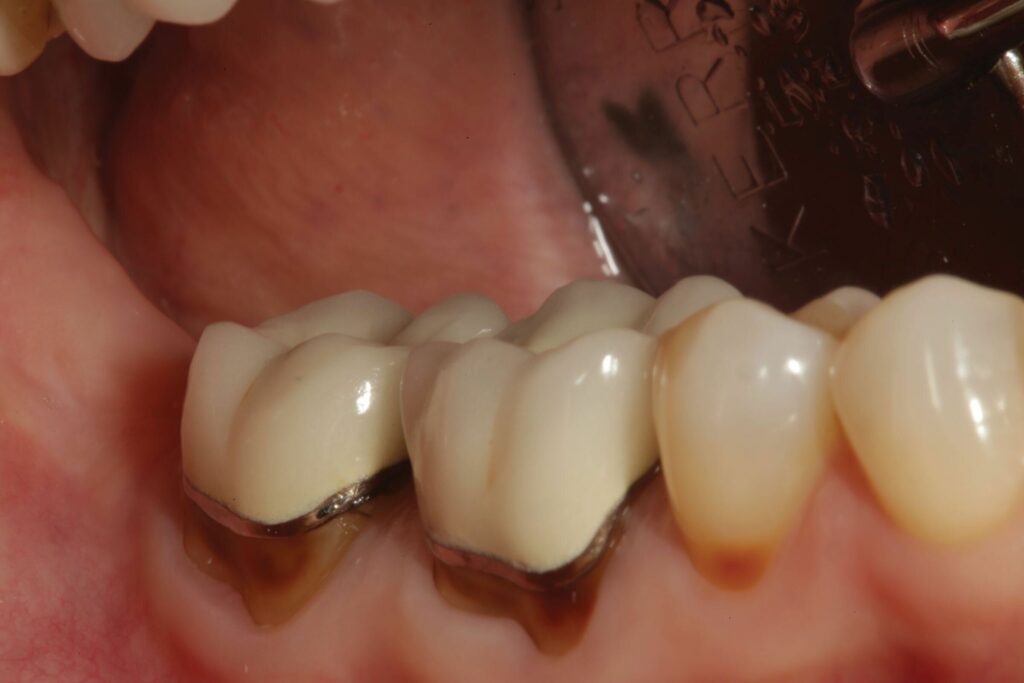
Yes, a decaying tooth can cause jaw pain. When a tooth decays, the bacteria and acids can irritate the nerves inside the tooth. As the decay progresses, it can lead to inflammation and infection, which can spread to the surrounding tissues, including the jaw. This can cause a dull, throbbing pain that radiates from the tooth to the jaw.
What Does a Tooth Infection in the Jaw Feel Like?
A tooth infection that has spread to the jaw can cause several noticeable symptoms:
- Severe Pain: The pain may be sharp or throbbing and can spread from the tooth to the jaw, ear, and neck.
- Swelling: Swelling in the jaw, face, or lymph nodes near the jaw can occur.
- Redness and Warmth: The infected area may become red and feel warm to the touch.
- Bad Taste or Smell: An abscessed tooth can produce a foul taste or odor in your mouth.
- Fever: A tooth infection can sometimes cause a fever as your body tries to fight off the infection.
- Difficulty Opening Mouth: Severe infection can make it difficult to open your mouth fully or chew.
If you experience any of these symptoms, it’s crucial to seek dental or medical attention immediately. Ignoring a tooth infection can lead to more serious health problems.
Conclusion
Cavities are not just confined to causing pain in the affected tooth; they can also lead to jaw pain if left untreated. This happens when the decay progresses and infects the inner layers of the tooth, potentially spreading to the jawbone. Recognizing the signs of tooth-related jaw pain and seeking prompt dental care can prevent the situation from worsening. Remember, maintaining good oral hygiene and regular dental check-ups are key to preventing cavities and the complications that come with them.



